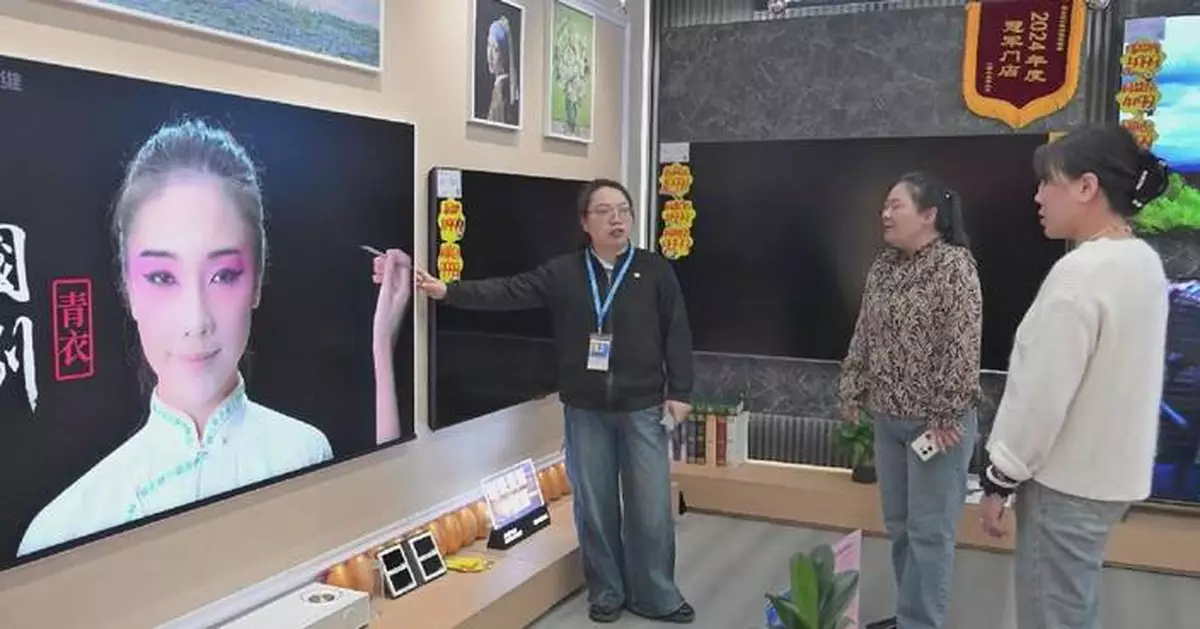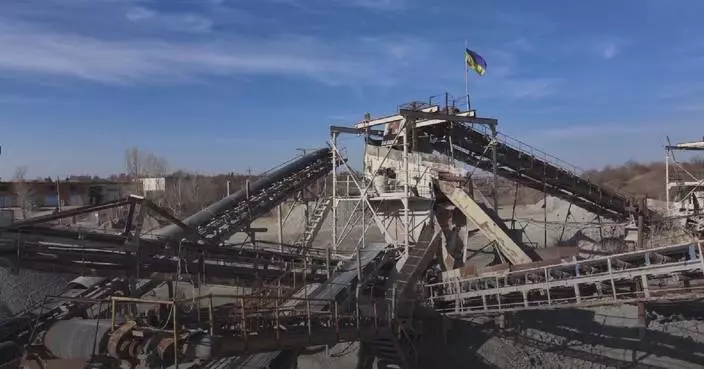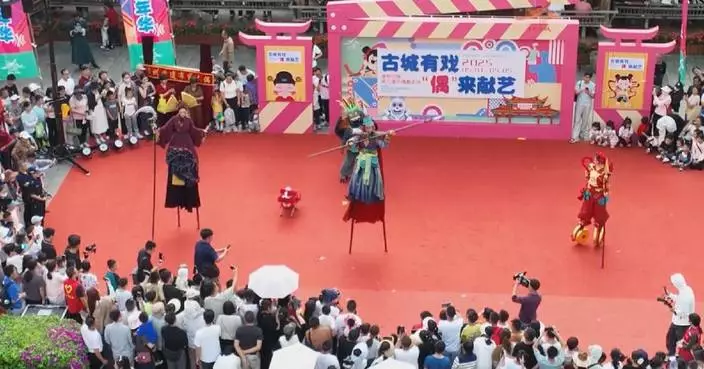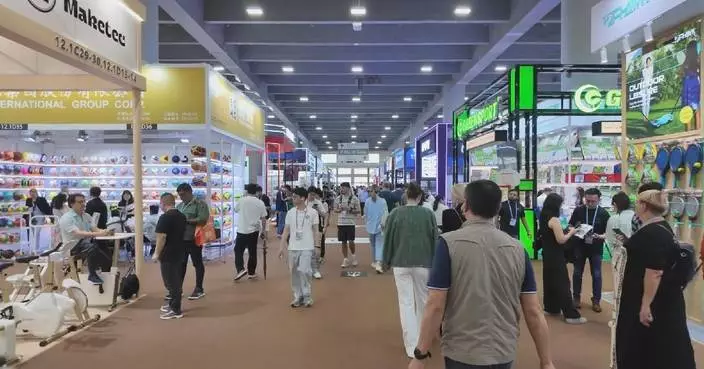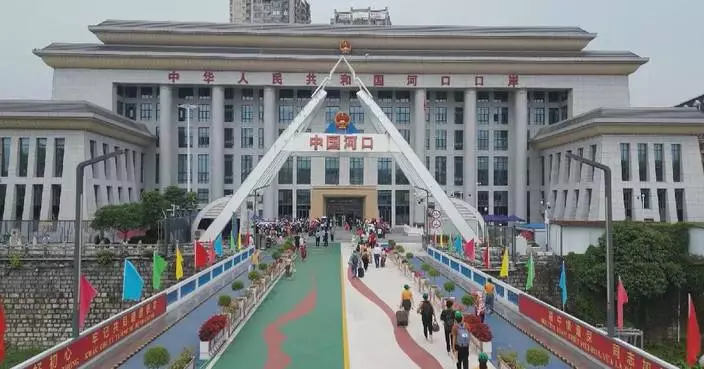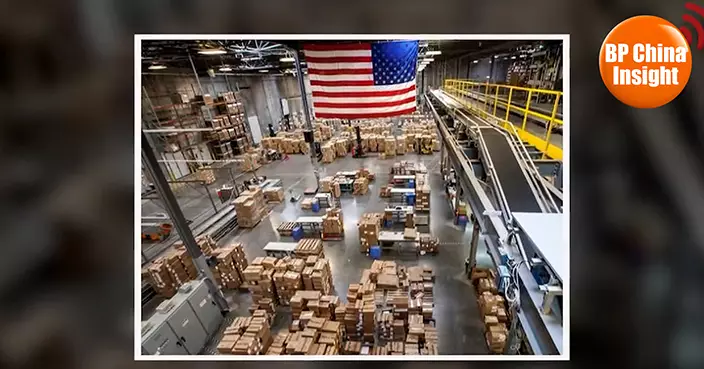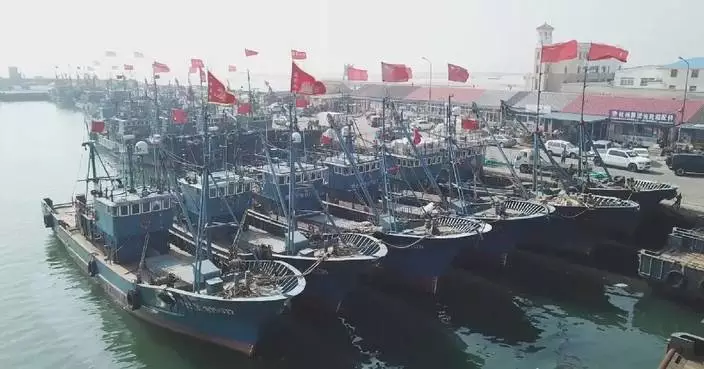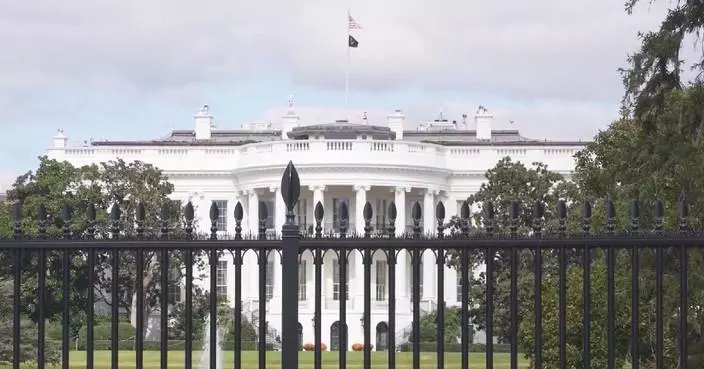China's policies to encourage large-scale equipment upgrades and consumer goods trade-ins have kept yielding positive results in the first quarter of this year, leading to improved factory efficiency, increased sales, and broadened market reach.
From January to March, driven by measures to promote factory equipment upgrades, the amount of newmachinery and equipment purchased by enterprises across the country increased by 11 percent year on year, data from the State Taxation Administration (STA) showed.
The equipment renewal and intelligent transformation have also brought new momentum to the development of enterprises.
In east China's Zhuji City, dubbed as "the sock capital", Zhejiang Yiheng Textile Technology Co., Ltd. has boosted productivity by 30 percent with its new digital factory, which houses over 300 upgraded automatic sock manufacturing machines. The entire process, from knitting to shaping to packaging, has been automated.
"We've upgraded all our production equipment to intelligent, all-in-one sock machines that handle knitting, sewing, and inspection. This has improved both our production efficiency and product quality. Our products are now sold in over ten countries and regions, including the United States, Germany, and the Netherlands. In the first quarter of this year, our exports surpassed 10 million U.S. dollars, up 17.5 percent year on year," said Han Yangling, director of the company.
In the first three months of the year, sock businesses in Zhuji saw a sales revenue of 2.71 billion yuan (about 369 million U.S. dollars), increasing by 12.5 percent compared to the same period of last year.
Additionally, the tax department in Zhuji has improved the tax process and made export tax rebates more efficient for local sock companies, helping them better expand into overseas markets.
"The entire export tax rebate process has been improved to eliminate paperwork, with processing times now reduced to within three working days. In the first quarter of this year, over 300 sock companies benefited from export tax rebates or exemptions, totaling more than 400 million yuan (about 54 million U.S. dollars)," said Ding Jianzhong, director of Zhuji Tax Bureau.
In addition to equipment upgrades, policies to boost consumer goods trade-ins have also continued to pay off, driving higher sales, particularly in sectors of home appliances, furniture, and communication devices.
In the first quarter, retail sales of household audio-visual equipment like televisions and appliances like refrigerators grew by 29.3 percent and 38.4 percent year on year, respectively. Retail sales of furniture increased by 15.9 percent, while mobile phones and other communication devices saw a 27.3 percent rise year on year.
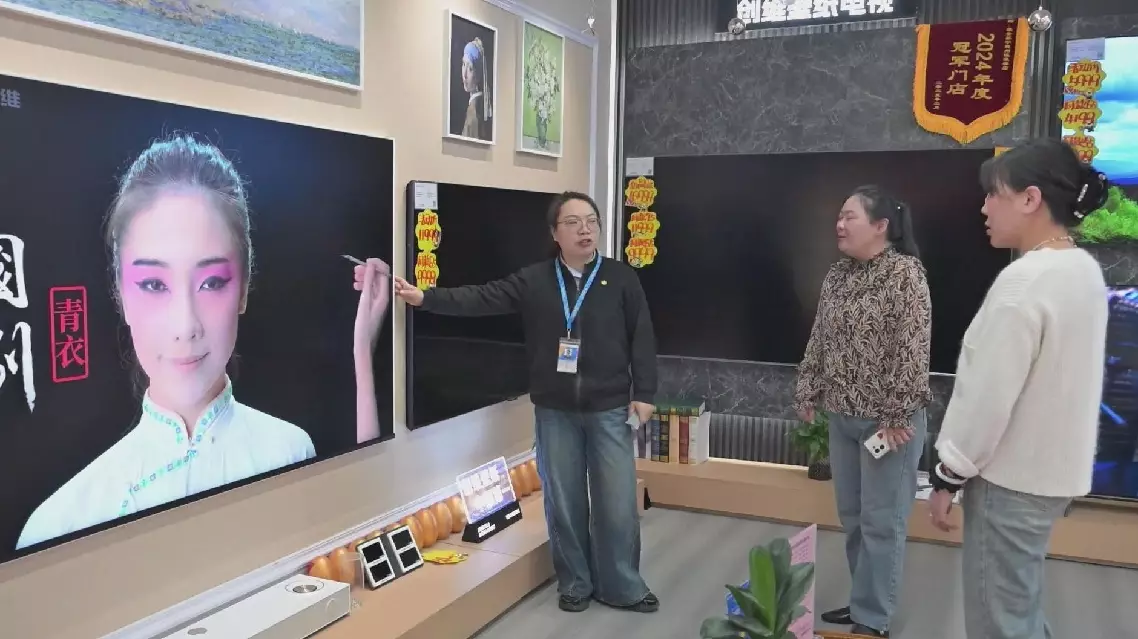
Efforts to promote large-scale equipment upgrades, consumer goods trade-ins continue to pay off


